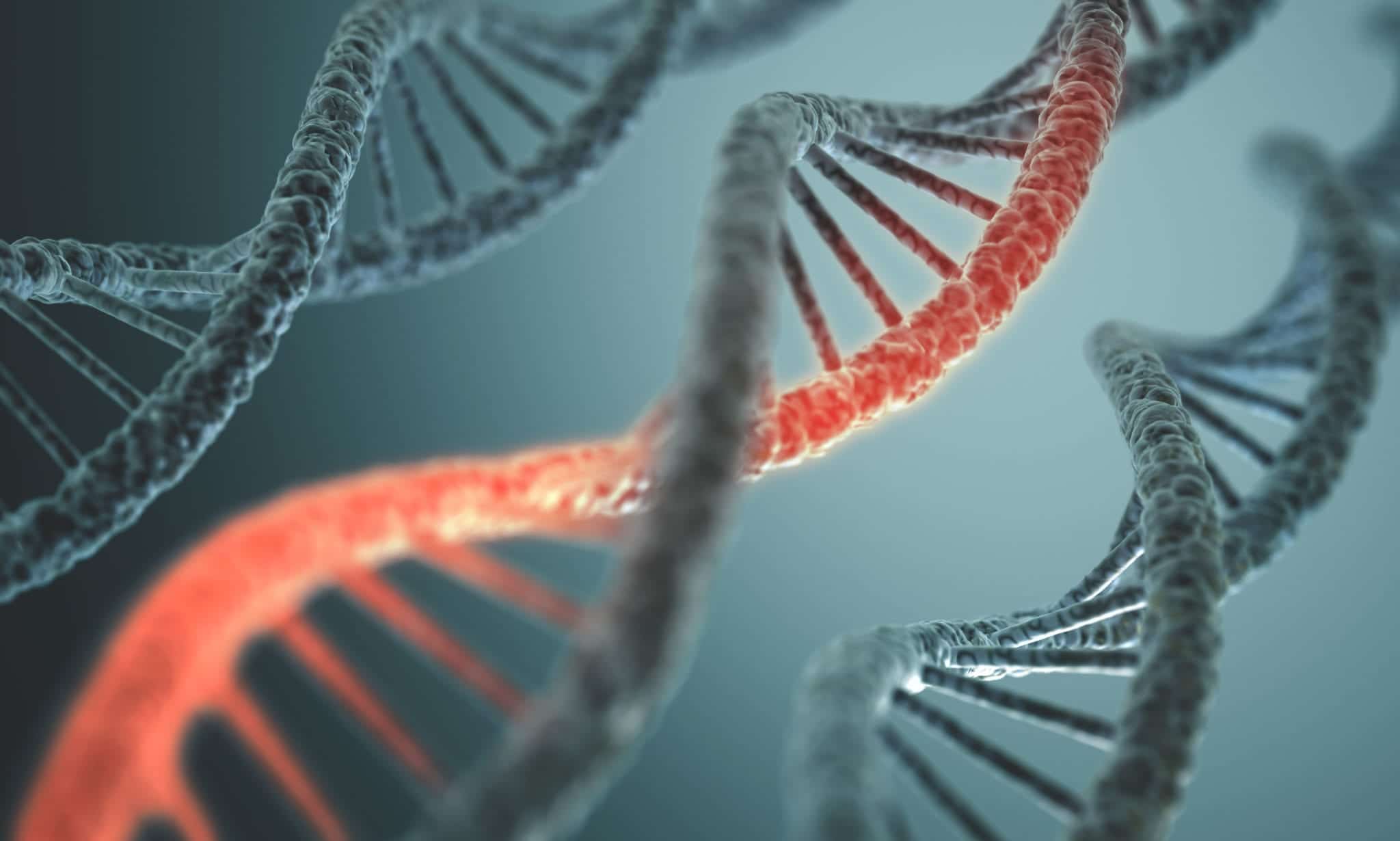
Proper dental care and oral hygiene go a long ways towards preventing oral health problems. On the other hand, some oral health problems have a hereditary basis, meaning you’re at increased risk if a particular condition runs in your family.
To get a better idea of your oral health risk factors, find out if your relatives have any of the following conditions, which can have genetic links.
Gum Disease
Periodontal (or gum) disease begins with sensitive and inflamed gums, and may progress to decay. In fact, if gum disease is left untreated, it can even result in tooth and bone loss. Seeing your dentist regularly can help with early diagnosis and treatment, both important to protecting your gums and teeth.
So, what is the genetic link?
Factors such as systemic alterations in your “immunoregulatory” molecules and the hereditary way your gums naturally fit around your teeth (among others) can contribute to your risk of periodontitis. It turns out about 30% of the population is genetically prone to this condition.
Tooth Decay
Do you suffer frequent cavities? Well, your genes may be partly to blame. Certain mutations of the beta-defensin 1 gene can cause an increased risk of cavities in permanent teeth.
Prevention is especially important during the adolescent years. If you have a teenager who may be more prone to cavities due to genetics, talk to your dentist about sealants and fluoride treatments that can help stave off tooth decay.
Of course, you should also practice excellent oral hygiene to prevent plaque buildup, and visit the dentist for regular cleanings and exams. If tooth decay is left untreated, it often requires costly endodontic treatment, or may even result in tooth loss.
Oral Cancer
Thousands of Americans die from oral cancer annually, and certain lifestyle choices, such as tobacco and heavy alcohol use, greatly increase the risk of oral cancer.
However, genetics can also increase your risk due to certain genetic markers passed from generation to generation.
You can immediately decrease your risk of oral cancer by stopping tobacco use, cutting back on alcohol, and eating a balanced diet. In the case of a family history of oral cancer, talk to your dentist about oral cancer screening options. Early detection and treatment are key in this potentially deadly condition.
Misaligned Teeth
If you need orthodontic treatment, chances are you’re not the only one in your family. Genetics are known to play a major role in determining the size of your jaw, which causes crowding, gaps, overbites, and underbites that require orthodontic correction.
Orthodontic treatment is most effective in childhood. If tooth misalignment runs in your family, find your child an orthodontist as soon as possible. Early orthodontic treatment can help teeth grow in properly and prevent more serious issues.
Cleft Lip or Palate
Cleft lip or palate is a common birth defect, and occurs when the sides of the lip and roof of the mouth don’t fuse together properly. Cleft palate has a clear genetic linkage, and often runs in families.
The good news?
The condition can be anticipated, and is often detectable as early as the thirteenth week of pregnancy. Many parents with children suffering from the condition can plan on surgical correction as soon as the child reaches three months to one year of age.

Fortunately, modern technology provides us an understanding of our genetic risk for oral health conditions, which can allow you to put preventative measures in place to decrease your chance of developing them. Enhanced screening options aid in early detection and treatment, which is often key.
Worried about yourself? Interested in learning more? Talk to your dentist.






